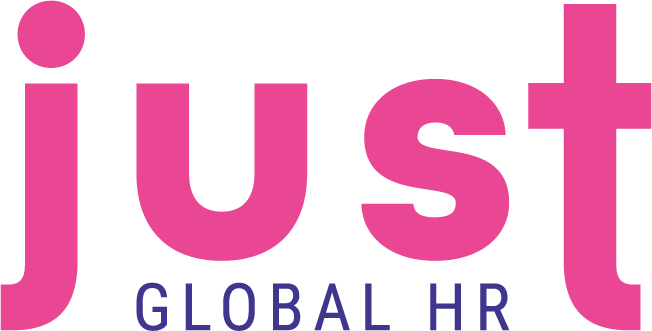Why You Should Review Your Policies
Recently a contractor whose contract was not renewed following comments they tweeted expressing regarding their beliefs about sex and gender and debating the proposed reforms to the Gender Recognition Act 2004 brought a claim in the employment tribunal that the non-renewal of their contract constituted discrimination on the grounds of their philosophical belief.
The claim was dismissed but the contractor then used their personal social media account to share their views on the non-renewal of their contract, which has created a social media storm.
Importantly for you, as an employer, it has created a number of issues relevant to your workplace. I believe it has highlight some related points for you to consider:-
Employees using their personal social media accounts can have negative effects on you, including adverse publicity and damaging reputational consequences.
There is a fine balancing act between freedom of speech, adhering to company values and expressing opinions that others may find offensive (or worse). To navigate this tricky landscape, a robust Social Media Policy is key. It should state the company’s position on posting content on social media (including personal accounts where a link could be made to workplace), provide guidelines and a framework to follow and set out the consequences of breaching the policy. If you do not have a Social Media Policy in place, you should consider implementing one, and training your staff on it as a matter of urgency.
Handbook - we all have strong beliefs and fiery debates in the workplace may leave some feeling offended, bullied, harassed, discriminated against and in turn, expose you to a number of issues. It is important to highlight how employees should treat each and how things are done around here.
Threats to workplace congeniality may come not just from within, but also from third parties – suppliers, clients or contractors. A good policy will also take this into account.
It is crucial that you have adequate policies in place to deal with such workplace issues.
This includes reviewing and refreshing:
Anti-Bullying and Anti-Harassment Policy ensuring they clearly define what behaviour will and will not be tolerated;
Grievance and Whistleblowing Policies ensuring that your employees know how to raise an issue and the process that will follow.
Equal Opportunities Policy to encourage a culture of diversity and inclusion.
Education and Training - in response to other recent developments such as the #MeToo and Black Lives Matter movements, it is worth you taking a close look at your workplace cultures and values and reshape these accordingly – whether this was by implementing programmes to define appropriate behaviour or starting initiatives to promote inclusion and diversity.
Providing education and meaningful training on gender identities, the lived experiences of trans people and the common challenges they face may help to create more understanding and awareness, leading to a more inclusive and diverse workplace.
If you choose to adopt trans-inclusive policies such as a Transitioning at Work Policy, you should ensure that these do not simply gather dust on a shelf, make sure staff are aware of them, receive adequate education and training, and that they are used in practice.
